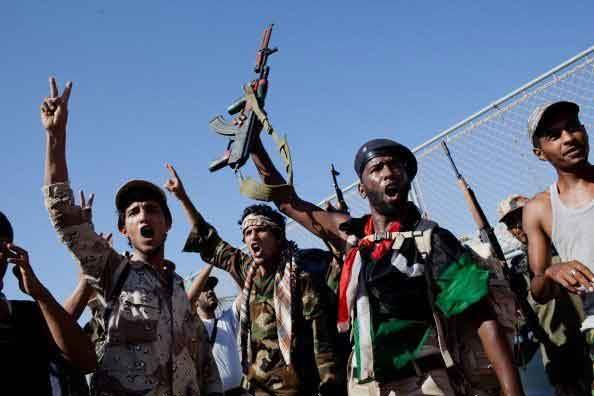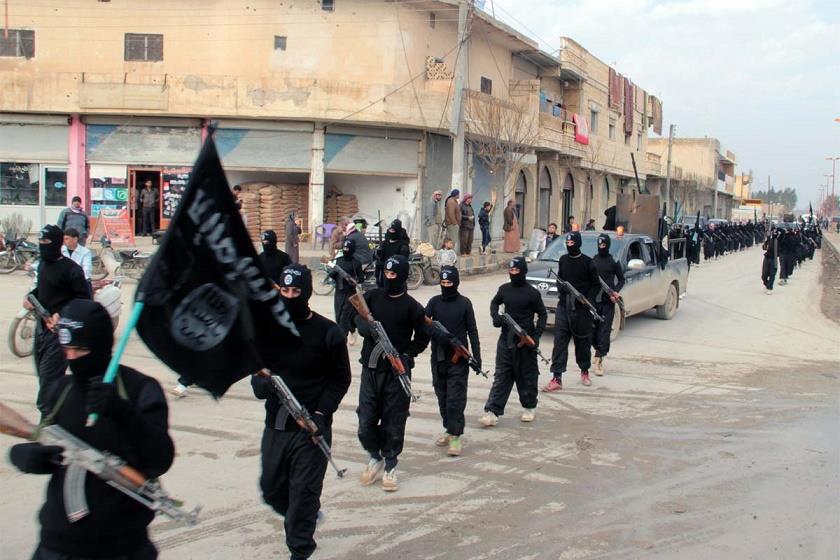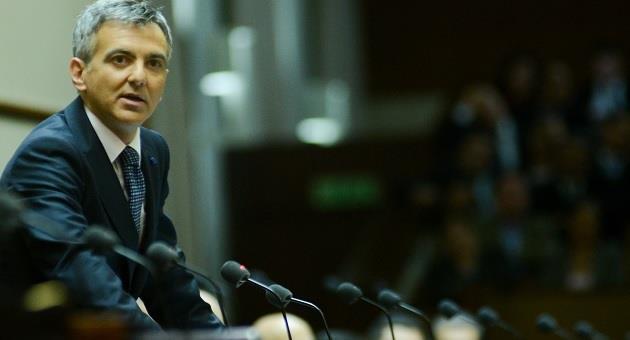Malta cannot ignore the worsening situation in Libya and wash its hand of the matter, Prime Minister Joseph Muscat said in Parliament tonight.
Dr Muscat said there is clearly a need for the United Nations to intervene in Libya, and ideally this should be done on the agreement of the two rival governments in Tobruk and Tripoli.
There are now three factions in Libya, the internationally recognised government in Tobruk, the self-declared Tripoli government and a growing extremist element.
Dr Muscat said extremists have advanced on strategic situations having taken the towns of Derna and Sirte.

“It is not for me to go into whether they are Islamic State members or imitating them. The violence shown is the same as this organisation [IS],” Dr Muscat said.
Time is fast running out for a solution backed by a unity government, Dr Muscat said.
If the UN decides on sending a peacekeeping force to Libya, Dr Muscat said Malta can act as a point of contact with the Libyan people and offer logistical support to the UN.
If no action is taken then the problem will spread to the rest of North Africa with consequences for Europe, Dr Muscat said.
Dr Muscat repeated the maxim that there can be no peace in Europe without peace in the Mediterranean, going one further by adding that there can be no peace in the world without peace in the Mediterranean.
The Prime Minister again reiterated that the government has no indications of any impending threats to Malta.

“Alarmist stories from dubious sources cannot be trusted,” he said.
Over the past weeks Malta has been in communication with a number of European leaders about the situation in Libya, Dr Muscat said.
Irregular migration
The Prime Minister said more irregular migrants are expected to depart from Libya given the present turmoil.
Criminal organisations are forcing hundreds of migrants to make the crossing no matter the weather.

“If we thought we had a problem today, it is going to be an even greater one now,” he said.
Dr Muscat said the recent terror attacks in Europe could lead to Schengen rules being tweaked. He mentioned the possibility of increased security checks “without hindering freedom of movement.”
The existing Schengen framework will be used in order to carry out “coordinated controls.”
This will not involve the reintroduction of frontiers, he said.
Libya in a state of anarchy – Busuttil
There is no doubt that Libya is in a state of anarchy and Malta has a failed state on its doorstep, Opposition leader Simon Busuttil said.

He said the Libya situation is worrying for people in Malta and questioned why Malta has not formed part of the international coalition against IS.
Dr Busuttil said Malta has the perfect model on which to base a humanitarian role in Libya, given the role it played during the uprisings against Colonel Ghaddafi in 2011.
He implored the government to get the rest of the EU on board, as “Malta cannot speak alone” on the matter.
The Opposition leader said the restriction of certain freedoms such as those offered by Schengen is what the terrorist want.
“We have to show them that we are not scared of ready to sacrifice our liberties,” he said.
In reply to the Opposition leader, Dr Muscat said Malta is willing to join the coalition against IS.
“It is not a question of being against the coalition, the government wanted to deliver a message that nothing can be taken for granted when it comes to Malta’s foreign policy. There was a miscommunication in this regard.”
The PM explained that the EU had issues a statement listing the countries, including Malta, as having joined the coalition.
Malta's inclusion in the coalition was issued by the EU bureaucracy without prior consultation, and Malta wanted to send a message that it is not for the EU to dictate its foreign policy, Dr Muscat said.